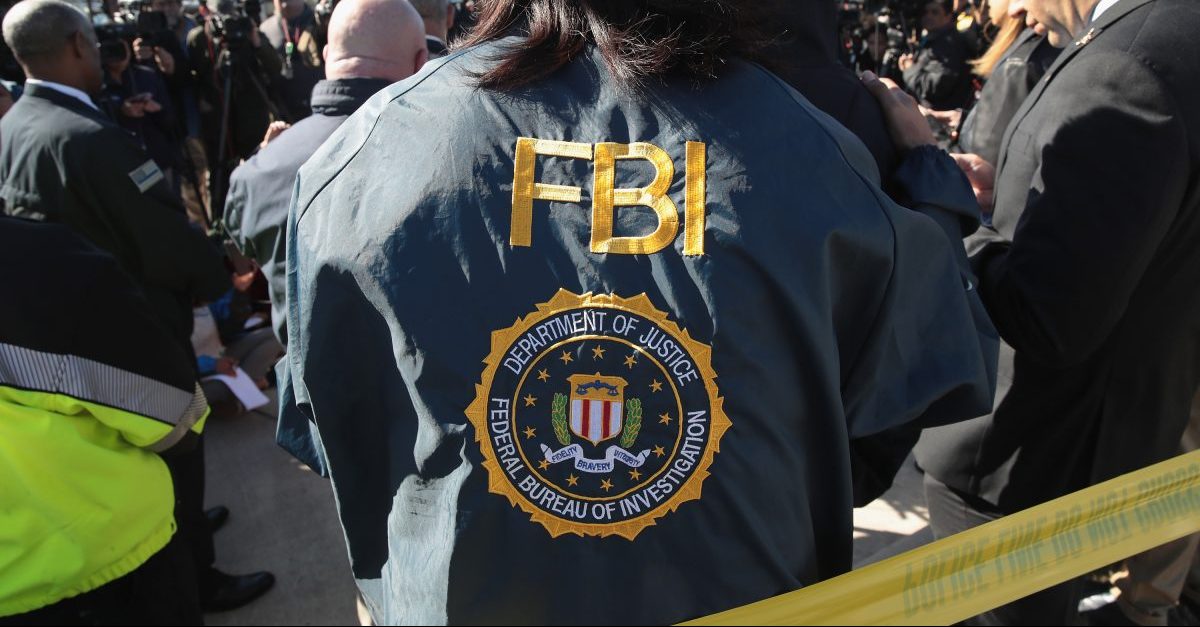
Federal authorities investigating whether sensitive information from ongoing criminal cases against suspected drug traffickers was leaked to defense attorneys took the “relatively rare” of wiretapping a retired U.S. Drug Enforcement Administration (DEA) supervisor.
Several current and former law enforcement officials told the Associated Press that the Federal Bureau of Investigation (FBI) last year set up electronic surveillance of former DEA supervisor Manny Recio for at least three months–an intensive endeavor that requires a federal judge and top Justice Department officials before being activated. They also searched his personal phone.
Since retiring from the DEA, Recio had been working as a private investigator for criminal defense attorneys, allowing him to develop intimate professional relationships with both federal authorities and private-sector lawyers. Per the report:
[T]hree former and one current law enforcement official familiar with the investigation say it is focused on the flow of information between the DEA and Miami lawyers who represent alleged narcotraffickers and money launderers from Colombia. Among those lawyers is Luis Guerra, who contracted Recio as an investigator shortly after he retired from the DEA in 2018.
The officials said the ongoing inquiry is “focused on Recio’s interaction with defense lawyers and agents he worked with at the DEA, including Special Agent John Costanzo, whose phone was similarly searched.”
Recio’s attorney Phil Reizenstein told the AP that he’d known about the federal probe since last year, saying he U.S. Attorney’s Office in New York City had assured him that his client was not a target of the investigation.
“I have reviewed Manny’s work on cases and found it to be impeccable, and I have no concerns that he did anything that was close to being illegal,” he said. “He devoted his career to the DEA. He has held himself to the highest standards and the same law-abiding ideals in his private work.”
In order to surveil Recio, authorities needed to obtain a Title III wiretap, which requires law enforcement agents to provide a detailed sworn affidavit justifying their need to intercept a particular target’s communications. Such affidavits “must establish probable cause” and include “any background information needed to understand fully the instant investigation.”
Duncan Levin, a former federal prosecutor with the U.S. Department of Justice, said such a wiretap is “relatively rare” and “reserved for when other investigative techniques have been tried and failed, or it’s unlikely anything else would work.”
[image via Scott Olson/Getty Image]